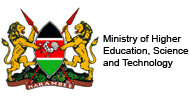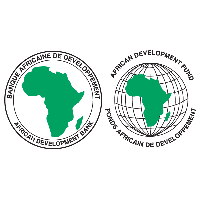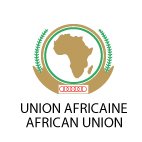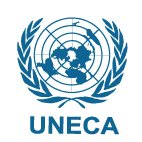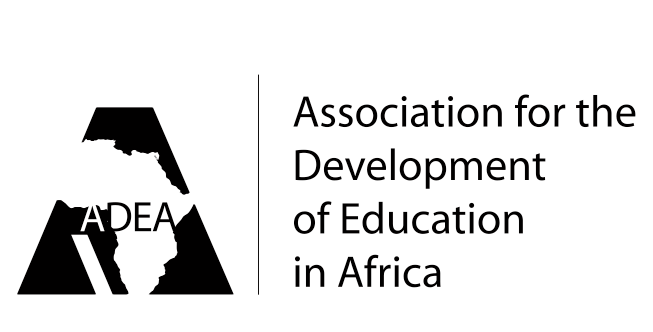A road map for youth development
Curricula designed to meet labour needs, well-governed mechanisms to connect ICT with youth and financial institutions and entrepreneurship education throughout the education system could help to revolutionize youth employment in Africa. This was the conclusion of participants who discussed youth employment during Africa's first forum on STI in Keyna, Nairobi.
Those present were searching for an answer on the question: What mechanisms or initiatives are needed to connect existing STI resources and partners into a collective action system capable of solving specific challenges in youth and employment?
Representatives at the session included Ministers of Education and Labor, professors at international universities, policymakers, and students and the outcome of their discussions will be presented to Ministers responsible for STI for further action. Ministers from throughout Africa, who congregated at the Forum will use the expert input of this group to develop their priorities for youth employment.
Revolutionizing youth employment
Led by Chair and Youth Agency for Development of STI (YADSTI) Coordinator Wycliffe Amakobe, the session focused on the challenges, opportunities, resources, and mechanisms needed to meet the goal of revolutionized youth employment in ten years’ time.
Facilitator and Global Knowledge Initiative (GKI) Program Associate Andrew Gerard launched participants into the discussion by reading a brief scenario imagining a future in Africa in which young people have ample opportunities in employment through STI.
This story framed the questions to be considered, beginning with a guiding question asked by Chair Amakobe: “What specific challenges must be overcome/opportunities seized to realize this possible future?”
Provocateur Ginette Nzau-Muteta, African Development Bank Resident Representative of Burkina Faso, responded to the question, noting important and specific challenges, such as youth unemployment rates as high as 60 percent in some regions, but also offering hope by pointing to the potential for improving and increasing employment.
Vigorous and at times, passionate discussion followed, and participants generated nearly 40 challenges and opportunities to integrate the concept of innovation directly into the curriculum; and to develop youth internship projects. Rapporteur Henry Roman, President of World Association for Young Scientists, took down comments and kept a record of the discussion and decisions.
Resources for youth development
The next question Chair Amakobe posed for the participants to tackle was: “What resources on the African continent can be tapped right now to address the specific challenges or seize the opportunities available enumerated in the previous question?” Again, after lively debate and voting, participants chose the three resources they thought most important They agreed upon the: that youth itself is the greatest resource; that African agri-business has an enormous capacity for growth; and that innovation centers developed throughout Africa are an important and ripe available resource.
Thierry Amoussougbo, Regional ICT Coordinator at the United Nations Economic Commission for Africa, concluded the session with a brief presentation on potential ways forward in African Youth and Employment.

